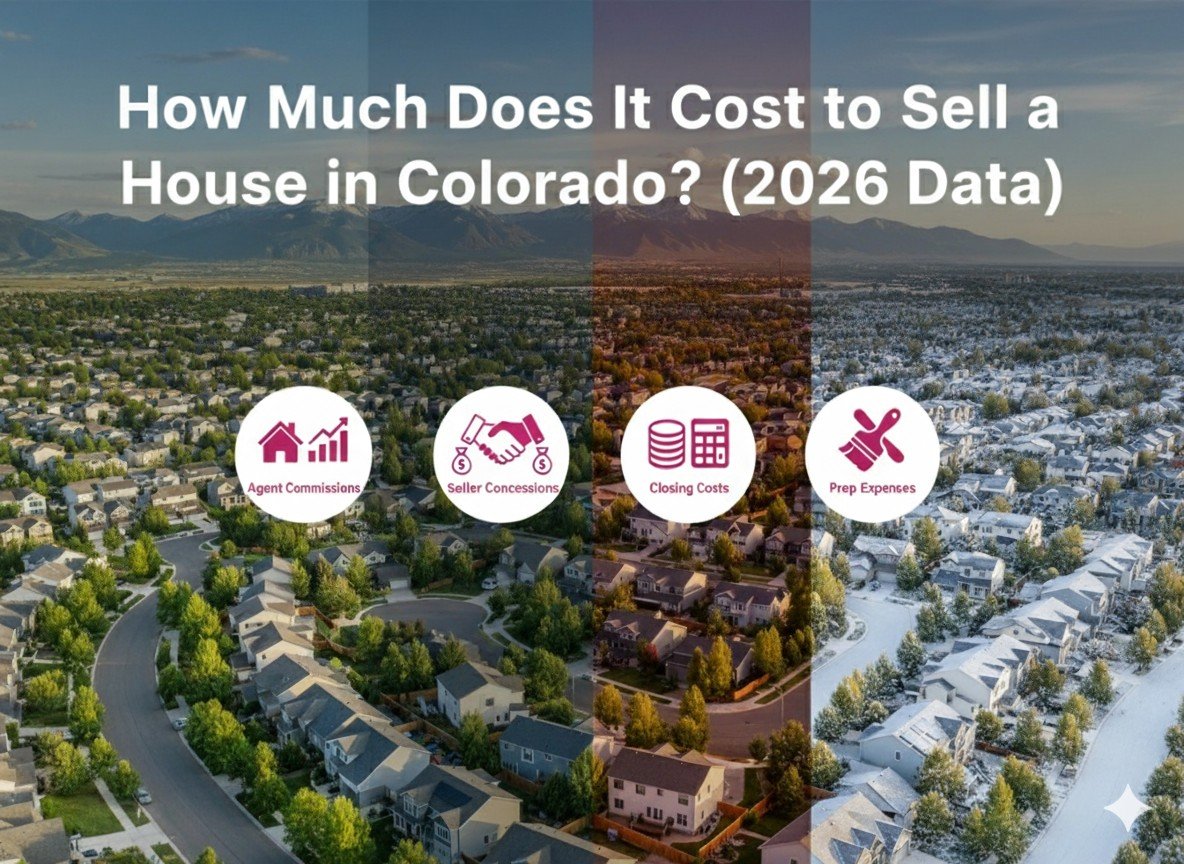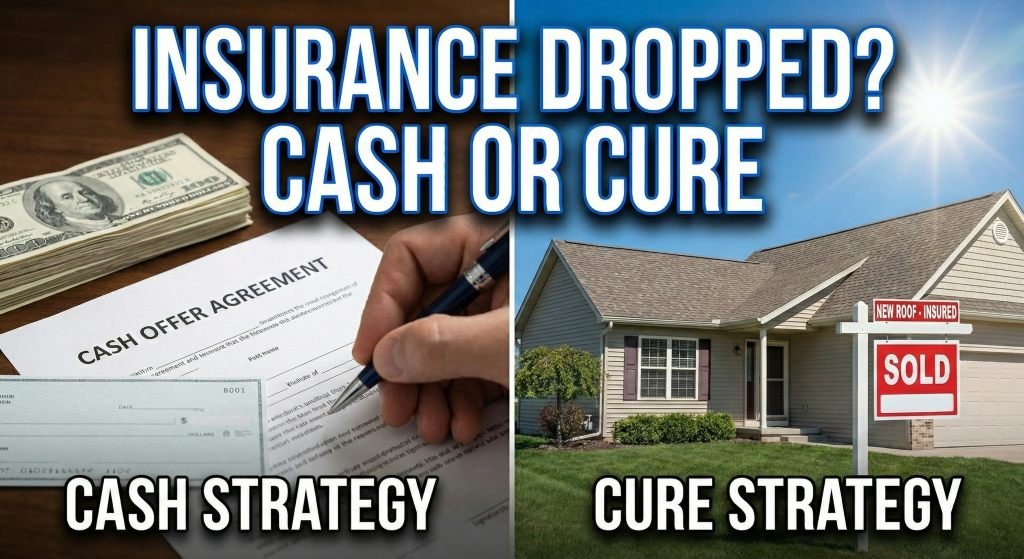For a homeowner, the final sale price is a vanity metric. The number that truly matters is your net profit—the cash you walk away with after all expenses are paid. In Colorado's 2026 market, understanding these costs is the key to a smart and profitable home sale.
This is the most transparent, comprehensive guide to the costs of selling a home in Colorado. We will break down every line item so you can plan with confidence. This guide is a core component of our Definitive Playbook on How to Sell Your House.
The 3 Buckets of Seller Costs
The expenses of selling a home can be grouped into three main categories. We will explore each in detail.
- Agent Commissions: The fee for professional representation, marketing, and negotiation.
- Strategic Investments: Costs for preparing the home for sale and incentivizing buyers.
- Closing Costs & Taxes: The various fees required to legally transfer the property.
1. Agent Commissions: The Cost of Expertise
This is typically the largest single expense. In Colorado, commissions are fully negotiable but traditionally range from 5% to 6% of the final sale price. This commission is usually split between the seller's agent and the buyer's agent.
The ROI of a Great Agent: It can be tempting to focus on the commission percentage, but a top-tier agent is not a cost center; they are an ROI driver. Their expertise in pricing, negotiation, and marketing can often lead to a final sale price that is significantly higher, more than covering their fee. For a full data-driven analysis of this, see our upcoming guide: For Sale By Owner (FSBO) vs. Agent in Colorado.
2. Strategic Investments: Pre-Listing Prep & Seller Concessions
These are the costs you have the most control over. Smart investments here can dramatically increase your final net profit.
High-ROI Prep Costs: The "Facelift"
Before listing, a few high-impact DIY projects can add thousands to your sale price. The goal is to create a "wow" impression for a minimal cost.
These strategic upgrades, from kitchen hardware to lighting, are designed to make your home feel modern and move-in ready, appealing directly to what today's buyers want.
Winning the "Drive-By": Curb Appeal
The first impression happens from the street. Investing in curb appeal is one of the highest-return activities a seller can undertake.
This kit focuses on the four key areas that create an unforgettable first impression and signal to buyers that your home is well-maintained.
Seller Concessions & Buyer Payment Engineering
In a market with higher interest rates, one of the most powerful strategies is to offer a seller credit to the buyer. This is not just "giving money away." A credit of 2-3% can be used by the buyer to permanently "buy down" their interest rate, making their monthly payment much more affordable. This can make your home dramatically more attractive than a competitor's, leading to a faster sale at a higher price. This is a core concept from our Buyer Payment Playbook.
3. Closing Costs, Taxes, and Fees
These are the final administrative and legal costs required to close the sale. In Colorado, sellers can typically expect these to total 1-2% of the sale price. They include:
- Title Insurance: An insurance policy protecting the buyer from issues with the property's title.
- Closing Fee: A fee paid to the title company or attorney for conducting the closing.
- Property Tax Proration: You will be responsible for property taxes up to the day of closing.
- HOA Transfer Fees: If applicable, the cost to transfer HOA documents to the new owner.
Putting It All Together: A Sample Net Sheet
Let's model a hypothetical sale of a $600,000 home in Denver to see how it all adds up.
| Item | Amount | Notes |
|---|---|---|
| Sale Price | $600,000 | |
| Agent Commission (5.5%) | -$33,000 | |
| Seller Concessions (2%) | -$12,000 | Used for buyer rate buydown. |
| Pre-Listing Prep | -$1,500 | DIY "Facelift" and Curb Appeal projects. |
| Closing Costs & Taxes (1.5%) | -$9,000 | |
| Remaining Mortgage | -$250,000 | Hypothetical balance. |
| Estimated Net Proceeds | $294,500 | Your final cash-in-hand. |
As you can see, understanding these costs is the key to a predictable and profitable sale. For a deeper dive into calculating your specific numbers, see our guide on The Equity Math That Converts.





